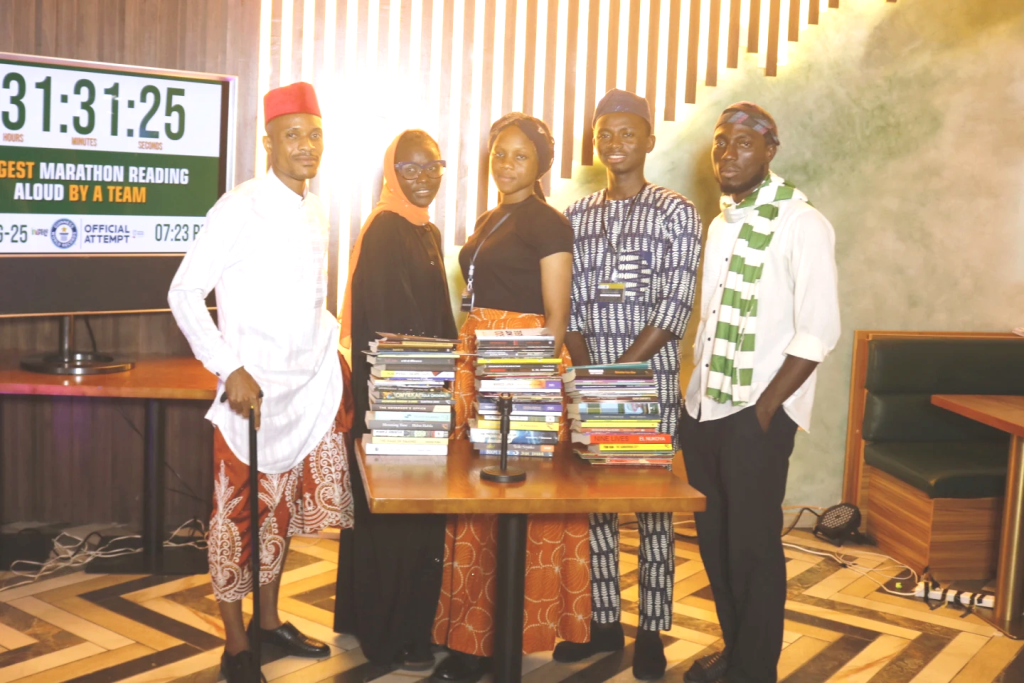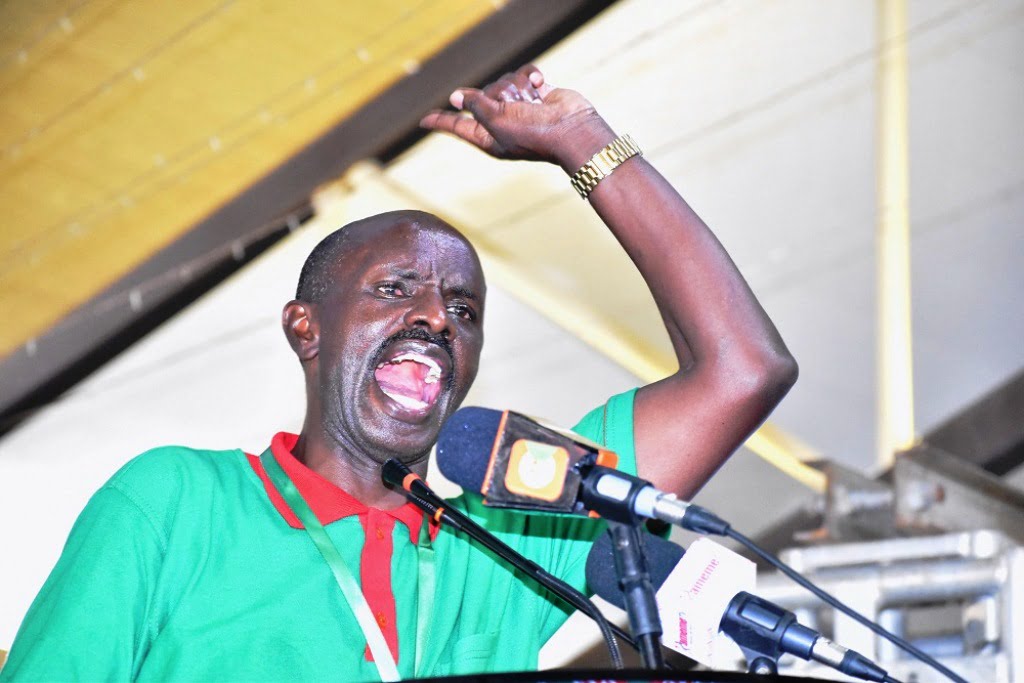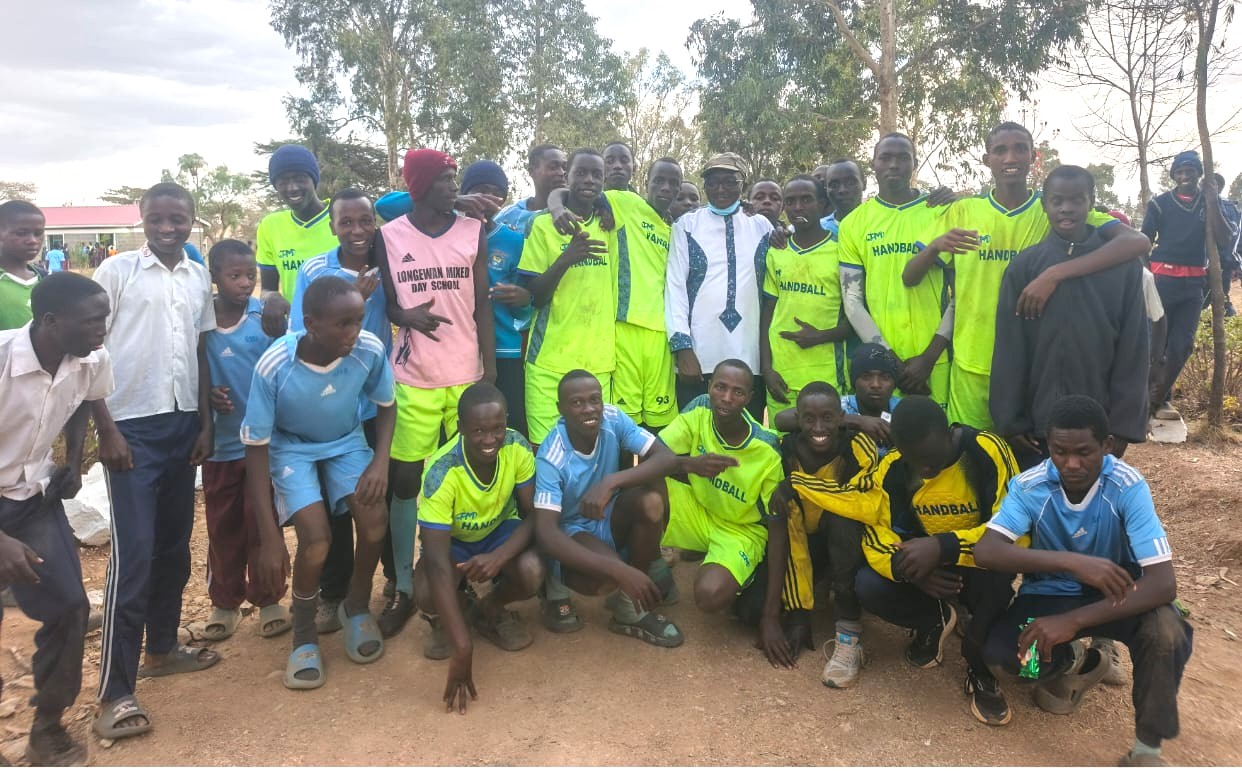In Lagos, Nigeria, three men and two women spent more than 431 hours reading books aloud in a restaurant as part of an ambitious bid to break the Guinness World Record for the most extended continuous reading session — an initiative designed to boost literacy in Africa’s most populous nation.
Supporters cheered them on both in person and online, as the group rotated turns to keep the reading going. By the time the effort concluded on Saturday, they had read 79 titles, all written by Nigerian authors, spanning a range of genres, from novels to self-help books.
For participants, the marathon carried a deeper meaning. In a country of more than 210 million people, “most people don’t have access to books and I participated to encourage inclusive education,” said Precious Ukachi, 30. She was joined by John Obot, 37, Stephen Oyelami, 23, Temitope Ogunremi, 28, and Ketura Heman, 27.
READ ALSO:
Educators sound alarm on declining reading habits as students shun quality news
Obot admitted the most challenging part was the night shifts. “We had limited time to rest, but what kept me going was the goal,” he explained.
The current Guinness World Record, set by five readers from the Dominican Republic in 2011, stands at 365 hours and 39 seconds. Nigeria’s marathon ended with the clock showing 431 hours, 31 minutes, and 25 seconds. Confirmation from Guinness World Records may take several weeks.
Kingsley Sintim of the Naija ReadFest, the nonprofit behind the effort, said: “We did this to celebrate Nigerian literature.” The group added that the event spotlighted Nigerian authors and addressed issues such as migration and finance that are central to national debates.
Nigeria continues to struggle with access to education. With more than 10 million children out of school and a literacy rate of about 63% in 2021, advocates argue progress has been slow.
Oyelami reflected on these barriers: “It was difficult to get books because of the kind of environment I grew up in.” He described attending a public school where new reading materials and educational tours were rare.
Education activists point to poor policy and investment as major obstacles. “The poor investment in literacy in Nigeria has made things more difficult for writers,” said Abuja-based author Carol Yaakugh. She added: “While we have numerous tech startups addressing finance, health, and other areas, the literacy space remains underdeveloped.”
The problem is symbolised by the long-delayed National Library project in Abuja, launched in 2006 but still unfinished, even as public officials continue to fund lavish lifestyles.
By Joseph Mambili
You can also follow our social media pages on Twitter: Education News KE and Facebook: Education News Newspaper for timely updates.
>>> Click here to stay up-to-date with trending regional stories
>>> Click here to read more informed opinions on the country’s education landscape
>>> Click here to stay ahead with the latest national news.






